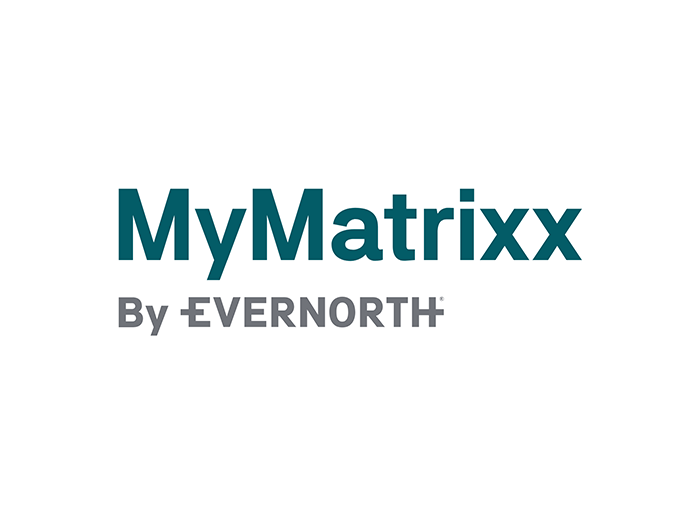Court Rules Silo Modifications Not Covered Under Property Policy for Coal Mining Operation

Ramaco Resources, a coal mining company in West Virginia, stored its mined coal in three silos, aptly named Silo 1, 2 and 3. Small pieces of coal and debris would be carried by a conveyor belt to the top of the silos, where it would be sorted into the proper container.
At the bottom of each silo stood a hopper — a cone equipped with an adjustable feeder that would release the coal onto another conveyor belt that would take it in for processing.
Having such bulk storage enabled Ramaco to have a steady supply of coal for processing at all times.
That is, until November 5, 2018.
The hopper inside Silo 1 collapsed, breaking the steady supply and bringing operations to a halt. Within 48 hours, Ramaco’s hired engineering firm deduced the hopper buckled due to structural steel support damage. Silos 2 and 3 were not damaged.
Ramaco was advised to demolish Silo 1 and to cease use of Silos 2 and 3 until safety supports on their hoppers could be installed.
Silo 1 came down by Nov. 19, 2018. In the meantime, Ramaco had a temporary belt installed so it could bypass Silos 2 and 3 while they waited for hopper safety supports. Not until June 2019 did Ramaco have its silos back in operation.
Production took a hit. Ramaco decided to turn to its mining industries insurance policy through Federal Insurance for lost revenue.
It pointed to the property insurance and liability insurance sections, looking to recoup losses for the broken-down silo and business interruption caused by its loss.
Federal denied coverage, claiming that its policy excluded coverage for what had caused the collapse. Ramaco responded with a lawsuit.
A lower court originally awarded Ramaco $7.7 million in business interruption losses as well as $25 million for aggravation and inconvenience damages.
Federal appealed.
This time, the court reduced the $7.7 million price tag to $1.6 million. It further decided Ramaco was not entitled to aggravation and inconvenience damages because it did not “substantially prevail” in its claim. The additional $25 million award was dismissed.
The court said that Ramaco’s decision to update the remaining two silos did not entitle them to business interruption; that payout would only be given to address the damages Ramaco faced, not the upgrades that delayed business.
Scorecard: Ramaco will receive $1.6 million for business interruption losses, but it will not receive the additional $31.1 million used for factory improvements.
Takeaway: Companies are best served when they review their property insurance policies first before initiating repairs on any damaged equipment or building structures, lest they update something not covered. &










